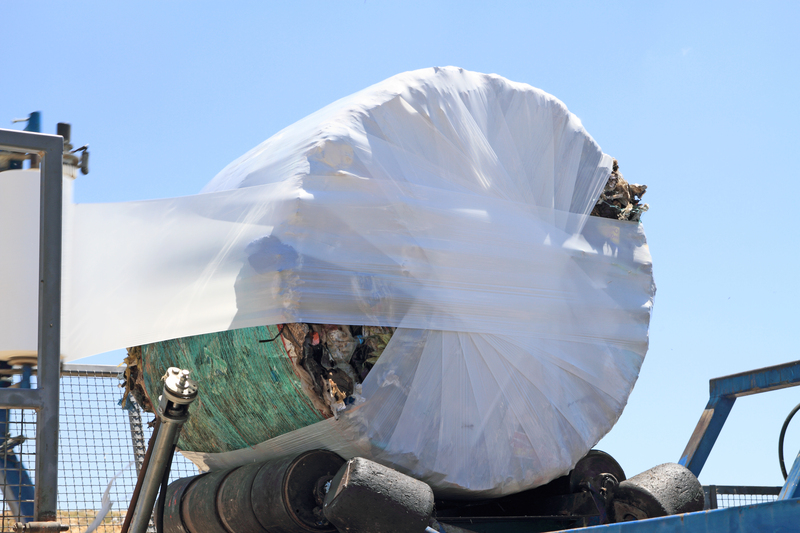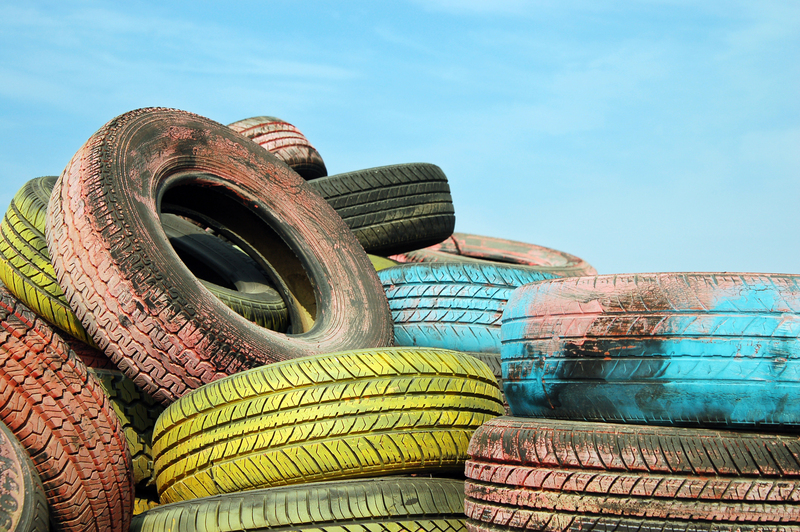Step-by-Step Guide to Successful Clutter Removal and Hoarder Clean Up
Maintaining a clean, organized environment is essential for both physical health and mental well-being. However, over time, it's easy for homes or offices to become filled with items that are no longer useful, resulting in significant clutter. For some, this issue escalates to hoarding, a complex disorder that requires a sensitive and systematic approach for removal and restoration. In this comprehensive guide, you'll discover proven strategies for successful clutter removal and hoarder clean up, providing peace of mind and a safer living space.
Understanding Clutter and Hoarding: Key Differences
Before diving into the process, it's important to recognize the difference between general clutter and hoarding. Clutter refers to an accumulation of items that disorganize a space, while hoarding is a persistent difficulty discarding possessions due to a perceived need to save them, regardless of value. Hoarding often results in unsafe, unsanitary living conditions.
- Clutter Removal focuses on clearing general disarray in living or working spaces.
- Hoarder Clean Up involves tackling severe accumulation stemming from psychological or emotional triggers, often requiring more extensive planning and compassion.

Why Clutter Removal and Hoarder Clean Up Are Crucial
The consequences of prolonged clutter and hoarding can impact your physical health, mental clarity, and overall safety. Some key reasons to prioritize a clutter-free environment include:
- Reducing risks of trips, falls, and injuries
- Minimizing fire hazards posed by accumulated materials
- Preventing pest infestations and mold growth due to neglected areas
- Creating a calming atmosphere for better mental health
- Increasing usable living and storage space
Preparing for a Successful Clutter Cleanup: Step 1
Assess the Situation
Start by evaluating the extent of clutter or hoarding. Walk through every room and make notes, or take photos, to identify problem areas. Be honest, but avoid overwhelming yourself--a gradual approach is best.
- Identify high-priority zones (kitchen, entrances, bedrooms)
- Determine whether you need professional hoarder clean up services
- Consult with family or housemates for support and perspective
Assemble Cleaning Supplies and Protective Gear
Depending on the scope of the task, gather trash bags, boxes, cleaning agents, gloves, masks, and--if necessary--heavy-duty equipment. For severe hoarder clean ups, safety goggles and sturdy footwear are strongly recommended.
Set Achievable Goals and a Timeline
A successful decluttering project begins with a plan. Break your project into smaller, manageable tasks, and set a realistic timeline. Celebrate each milestone to maintain motivation!
Step 2: Decluttering Techniques for Lasting Results
The Four-Box Method
An effective way to organize and streamline the process is by using the Four-Box Method:
- Keep: Items you use regularly or love
- Donate: Usable items that no longer serve you, but could benefit others
- Recycle: Papers, plastics, or metals eligible for recycling
- Trash: Items that are broken, expired, or beyond repair
Repeat this process room by room to avoid feeling overwhelmed.
Start With Easy Wins
Begin in less emotional areas, like bathrooms or entryways. Tackling visible surfaces--such as countertops and tables--gives immediate gratification and encourages progress.
Sort and Categorize
Group similar items together. For example, round up all cleaning products, kitchen gadgets, or books. Sorting helps you realize the quantity of each type of item and makes decisions easier.
Immediate Disposal
Move boxes and bags of trash, recycling, and donations out of the house as soon as they're full. Proximity can tempt second-guessing--out of sight, out of mind!
Stay Consistent and Patient
Clutter removal and hoarder clean up are marathons, not sprints. Carve out regular intervals for sorting and cleaning--consistency brings lasting change.
Step 3: Specialized Hoarder Clean Up Strategies
Hoarder situations require extra care, empathy, and sometimes professional intervention. Consider the following steps for complex cases:
Engage Emotional Support
Hoarding is often rooted in anxiety or trauma. Involve mental health professionals, support groups, or crisis intervention services as needed. Never resort to shaming--compassion breeds cooperation.
Establish Clear Safety Protocols
- Ventilate rooms before starting cleanup, especially if there's mold or dust
- Use protective gloves, masks, and eye protection
- Watch for sharp objects, animal droppings, or hazardous materials
Identify and Remove Biohazards
If you encounter biohazards such as mold, animal waste, or spoiled food, contact specialized hoarder clean up professionals for safe removal. Handling such materials incorrectly can pose significant health risks.
Separate High-Value or Sentimental Items
While most items may need to be discarded, salvage photographs, heirlooms, or paperwork if possible. Professional organizers can help sort and protect sensitive belongings during the decluttering process.
Deep Cleaning and Disinfection
After removing clutter, deep clean surfaces, floors, and hidden spaces. Use disinfectants to kill germs, and address lingering odors with specialized treatments.
Step 4: Organizing and Restoring Your Space
Utilize Storage Solutions
- Shelving units to maximize vertical space
- Storage bins and containers
- Closet organizers and under-bed storage
Label everything for ease of access and to maintain order.
Adopt Minimalism Principles
After hoarder cleanup, focus on keeping only what adds value or function to your life. Practice the "one in, one out" rule: when you acquire something new, let something else go.
Establish New Habits
- Designate specific spots for keys, mail, and frequently used items
- Schedule regular tidying sessions--daily or weekly
- Perform seasonal clutter reviews
Enlist Ongoing Support
Clutter removal can be an ongoing battle. Maintain connections with accountability partners, friends, or professional organizers for encouragement and advice.
When to Call Professional Hoarder Clean Up Services
Sometimes, DIY efforts may fall short, especially with extreme hoarding cases. If you encounter the following, it's wise to bring in certified hoarder clean up experts:
- Presence of biohazards or structural damage
- Threats to personal safety or legal compliance
- Overwhelming volume that affects daily functioning
- Severe emotional distress during the process
Professionals bring experience, empathy, specialized equipment, and can restore properties safely and discreetly.
Tips for Maintaining a Clutter-Free Home
- Stay vigilant: Carry out quick daily pick-ups
- Regularly donate unused clothing, decorations, or tools
- Digitize paperwork to reduce physical storage needs
- Avoid impulse purchases--shop with intention!
- Set reminders for periodic clean ups and reviews

Resources and Tools for Clutter Removal and Hoarder Clean Up
Explore a variety of resources to assist your journey:
- Apps: Checklists and organization tools (e.g. Todoist, Sortly)
- Professional cleaning and organizing services
- Recycling centers and local charities for donation drop-off
- Support groups for hoarders and family members
Summary: Your Path to an Organized, Healthier Home
Clutter and hoarding can feel insurmountable, but with a step-by-step approach, patience, and the right support, you can restore clean, inviting spaces and regain control over your environment. Remember, successful clutter removal and hoarder clean up is a journey--every box removed is a step toward better well-being.
Whether you choose to tackle the process yourself or employ professional assistance, the most important aspect is commitment to change and a willingness to let go. Embrace a clutter-free transformation, and cherish the newfound peace and opportunity that follows!
If you're ready to start your clutter removal journey or in need of compassionate hoarder clean up services, use this step-by-step guide as your trusted resource for a safer, tidier home.